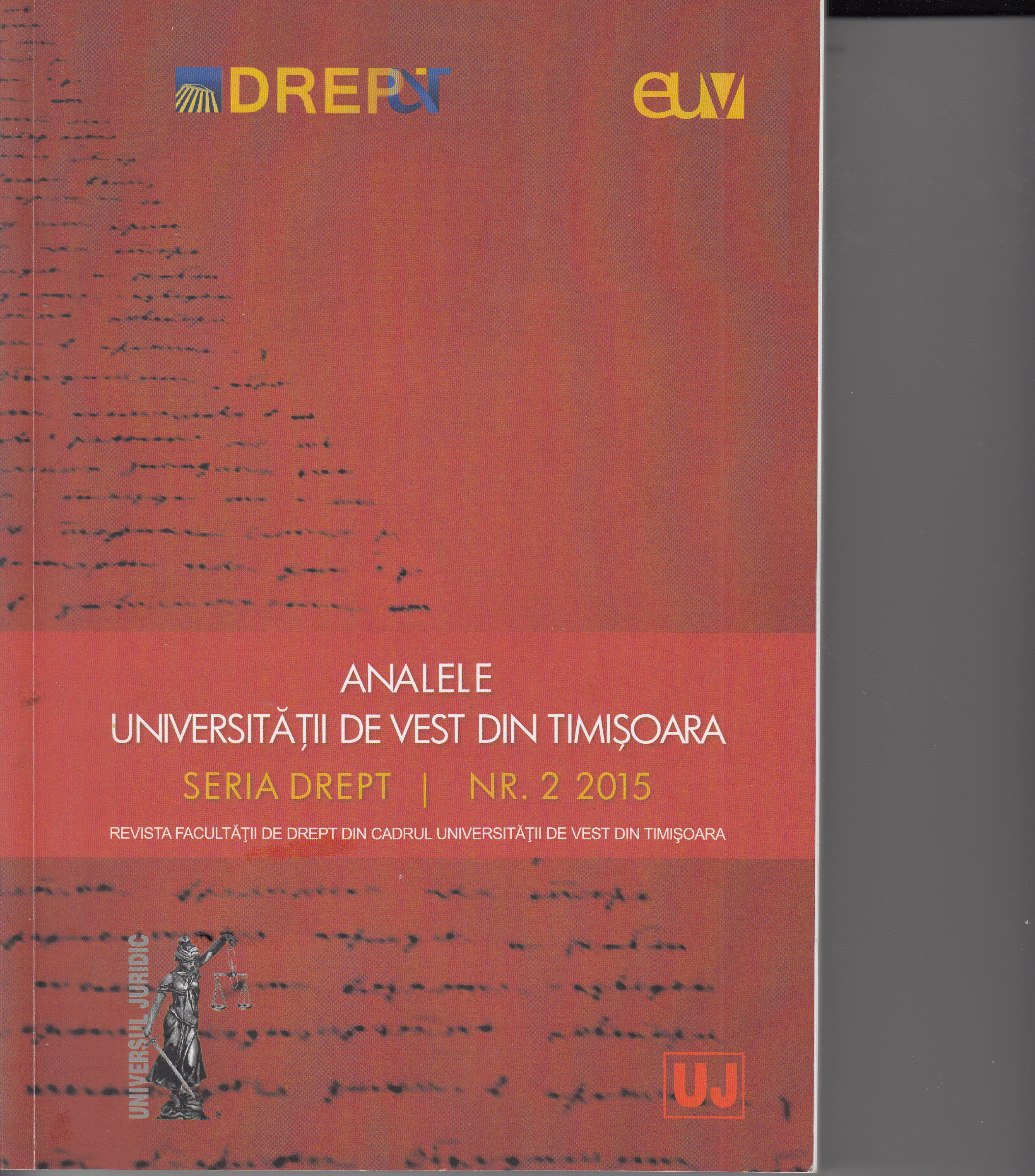Is The Right to Silence Limitable In Criminal Procedure?
Is The Right to Silence Limitable In Criminal Procedure?
Author(s): Csongor Herke, Dániel AntalSubject(s): Law, Constitution, Jurisprudence
Published by: Universul Juridic
Keywords: right to silence; defendant’s confession; human rights; the principle of immediacy
Summary/Abstract: In the first part of the paper the fundamental problems about the defendant’s confession can be read. Although the defendant may admit the commission of the criminal offence, other evidence shall also be obtained, especially the confession during the investigation, which may have a crucial role. The false assumption that confession is made only by persons who actually committed the crime, is based on a false logical method. The paper shows the so called “logical square” (Apuleius’s tetragon), projected to the confession of the defendant. The second problem is the use of the defendant’s testimony in the trial, which was given in the course of the investigation. The use of the defendant’s investigative testimony was enabled by an amendment from 1998 of the former Criminal Procedure Act (Act I of 1973). Even this time some authors criticized this institution by that the Act XIX of 1998 is limiting the use of the former testimony of the defendant and the witness. The paper shows this rule as well.
Journal: Analele Universității de Vest din Timișoara - Seria Drept
- Issue Year: 2015
- Issue No: 2
- Page Range: 5-13
- Page Count: 7
- Language: English

